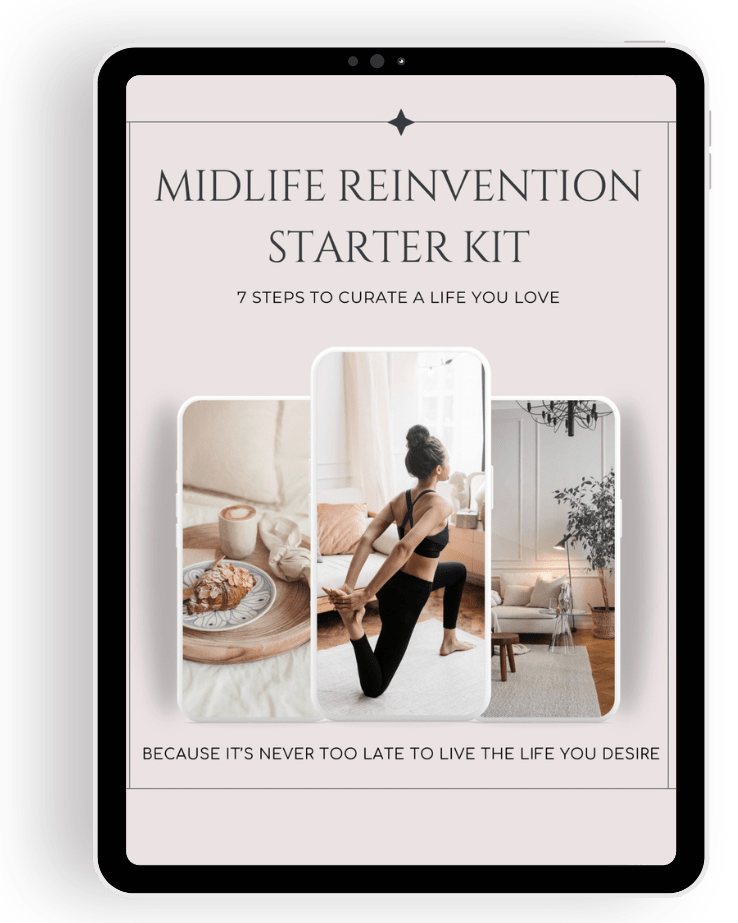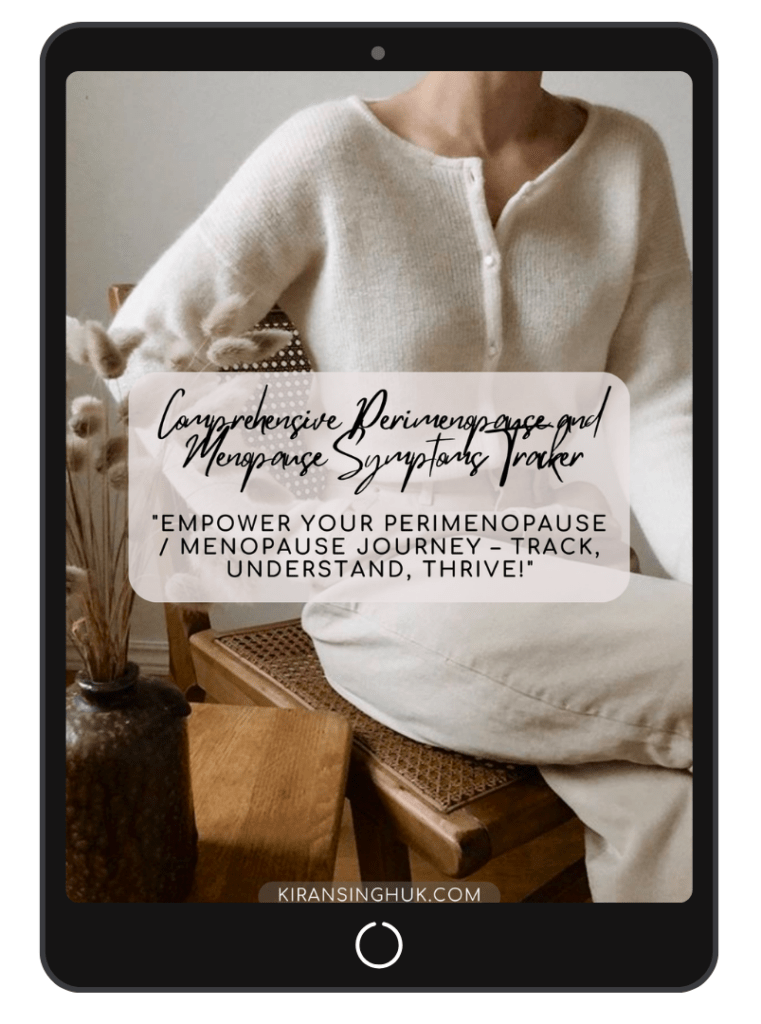Understanding the Hormonal Rollercoaster
Unlike a regular menstrual cycle, which follows a somewhat predictable monthly rhythm, or pregnancy, which causes a steady surge of hormones, perimenopause is like an unpredictable hormonal rollercoaster. Oestrogen, progesterone, and testosterone fluctuate erratically – sometimes soaring, sometimes crashing – before eventually settling at consistently lower levels.
However, this transition is not immediate. It’s only one year after your final period that you can confirm menopause has officially occurred and that your hormones have stabilised at their new, lower levels. Until then, your body is in a state of flux, and this unpredictability is what makes perimenopause such a unique and often challenging experience.

How Long Does Perimenopause Last?
Perimenopause can last anywhere from one to eight years, and the timing is highly individual. Some women begin to notice changes in their early 40s, while others may not experience significant symptoms until closer to 50.
During this phase, hormone fluctuations can cause:
- ✔ Irregular periods – Cycles may become longer, shorter, heavier, or lighter.
- ✔ Hot flushes & night sweats – Fluctuating oestrogen impacts the body’s ability to regulate temperature.
- ✔ Mood swings & anxiety – Oestrogen and progesterone influence neurotransmitters, affecting mood stability.
- ✔ Sleep disturbances – Some women experience insomnia, while others report waking up frequently at night.
- ✔ Physical changes – Lower oestrogen affects skin elasticity, joint health, and weight distribution.
- ✔ Genito-Urinary Syndrome of Menopause (GSM) – Vaginal dryness, irritation, discomfort, increased urinary urgency, and a higher risk of recurrent infections occur due to thinning vaginal and urinary tissues as oestrogen declines.
Managing Perimenopause: What Helps?
While perimenopause can feel overwhelming, supporting your body with the right nutrients and lifestyle choices can ease the transition.
- Calcium, Vitamin D & Magnesium – Essential for bone health, reducing the risk of osteoporosis, and improving sleep quality.
- Omega-3s & B Vitamins – Help combat inflammation, support brain function, and enhance mood stability.
- Functional Mushrooms & Adaptogens – Certain botanicals, such as ashwagandha and reishi mushrooms, have been shown to aid stress resilience and hormonal balance.
- Hormone Replacement Therapy (HRT) – Can effectively alleviate symptoms by replenishing declining hormones. Some women also benefit from topical oestrogen therapies specifically designed to relieve GSM symptoms.
What Happens When You Reach Menopause?
Menopause is officially confirmed when 12 months have passed without a period. This marks the end of fluctuating hormones, with oestrogen and progesterone dropping to permanently low and stable levels. However, these hormonal shifts can bring new challenges that continue beyond perimenopause:
- ✔ Persistent Hot Flushes & Sleep Disturbances – Some women experience ongoing temperature regulation issues and poor sleep.
- ✔ Increased Risk of Osteoporosis – Bone density declines due to the drop in oestrogen.
- ✔ Heart Health Concerns – Oestrogen plays a role in maintaining healthy blood vessels, so cardiovascular risks can rise.
- ✔ Brain Fog & Memory Issues – Many women notice a decline in mental clarity, focus, and memory recall.
- ✔ Thinning Hair & Dry Skin – Oestrogen is key to collagen production, so lower levels can contribute to visible signs of ageing.
- ✔ Continued GSM Symptoms – Vaginal dryness, irritation, and discomfort may persist without intervention.
The Future of Menopause Care: A Growing Body of Research
Thankfully, ongoing scientific research is shedding more light on how to support hormonal balance naturally.
- 📌 Diet & Nutrition – A whole-food diet rich in fruits, vegetables, and omega-3 fatty acids has been linked to better hormonal regulation and reduced menopausal symptoms.
- 📌 Botanical Support – Herbal remedies like black cohosh, red clover, and maca root are being studied for their potential to alleviate hot flushes, mood swings, and fatigue.
- 📌 Technology & Tracking – The rise of menopause-specific apps helps women track their cycles, monitor symptoms, and make informed decisions about their health.
The conversation around menopause is finally evolving, allowing women to better understand their bodies and take charge of their well-being. With the right knowledge, tools, and support, this life stage can be one of strength, vitality, and renewed confidence – not just a phase to endure.
REMEMBER
Menopause isn’t the end of anything – it’s the beginning of a new chapter, one where you step into your power, prioritise self-care, and embrace a lifestyle that supports you fully.

Feel free to sign up to my Friday Morning Love Note HERE! This isn’t just a newsletter - it’s your invitation to pause, reflect, and realign with you. Every week, we’ll journey together to uncover the small, meaningful shifts that will help you design a life that feels uniquely and beautifully yours. Each week, I’ll deliver fresh intentions, uplifting tips, and simple shifts to inspire purposeful, creative living.







